
When it comes to choosing the right dog breed for your family, it’s important to take the time to do your research. From working dogs to terriers and toy dogs, the choices are endless. Consider factors such as your home environment, level of activity, temperament, and training needs when selecting a breed that fits best with your lifestyle.
In this blog, we’ll explore different types of dog breeds, and provide tips on how to choose the right breed for your family. From working dogs to terriers and toy dogs, you’ll be sure to find the perfect pup for your household.
Why It’s Important to Choose the Right Dog Breed for Your Family
Choosing the right dog breed for your family is crucial as it can affect your lifestyle and daily routine. Size and energy level are important factors to consider, as an active family may want a high-energy breed, and a family with small children or older adults may want a low-energy breed.
Another important factor is temperament and trainability. Some breeds are good with children and easy to train, while others may have a stubborn personality and be harder to train. This can affect the time and effort required for obedience training and behavior modification. It’s essential to choose a breed that fits your family’s lifestyle, personality and training abilities.

Factors to Consider When Choosing a Dog Breed
Choosing a breed of dog can be a difficult decision. It’s important to find the breed that best suits you and your lifestyle as owning a dog is a long-term commitment with many considerations.
From size to temperament, to energy levels, there are several factors that need to be taken into account when selecting the right breed of dog for you and your family.
1. Size and energy level
The size and energy level of a dog breed can affect your lifestyle and daily routine. It’s important to consider the size of your living space and whether you have a big backyard or a small apartment.
You should also think about the level of activity you are looking for in a dog and whether you have small children or older adults in your household who may not be able to keep up with a high-energy breed.
2. Temperament and trainability
The temperament and trainability of a breed can affect your interactions with your dog and the effort required for obedience training and behavior modification. Some breeds are known for being good with children and other pets, while others may have a more independent or stubborn personality.
3. Grooming and maintenance requirements
Some breeds have low grooming and maintenance requirements, while others require regular grooming and trimming. This can affect your budget and the amount of time you will need to devote to your dog’s care.
4. Purpose
Some breeds are bred for specific purposes such as hunting, herding, guarding, therapy and companionship. It’s important to choose a breed that fits the purpose you have in mind, such as a hunting breed for hunting enthusiasts or a therapy breed for those who want to take their dog to visit nursing homes or hospitals.
5. Health concerns
Each breed has its own set of genetic health concerns and it’s important to be aware of them before making a decision. Some breeds are prone to certain health issues such as hip dysplasia or bloat, while others have a longer lifespan.
6. Climate
Some breeds are better suited for cold or hot climates. It’s important to choose a breed that is well suited for your area’s climate.
7. Allergies
If any of your family members have allergies, it’s important to choose a breed that is hypoallergenic or less likely to cause allergic reactions.
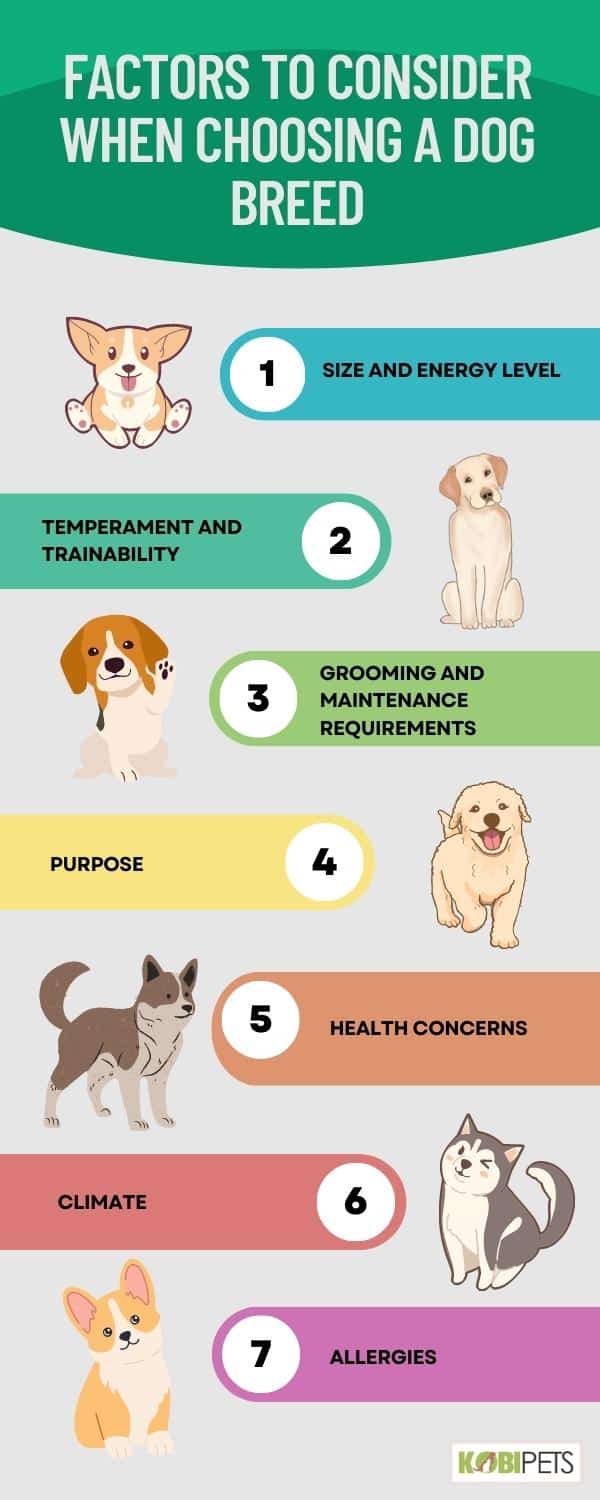
Factors to Consider When Choosing a Dog Breed
Different Types of Dog Breeds
Working Dogs (e.g. German Shepherds, Labrador Retrievers)
Working dogs, such as German Shepherds and Labrador Retrievers, are incredibly intelligent animals that make excellent additions to any family. These breeds often have a natural instinct for protecting those they love and easily respond to obedience training.
If properly socialized, they typically make loyal and loving companion animals. However, they can be stubborn and often require moderate exercise needs. Working breed dogs can be an ideal choice for active families who want a dog that is capable of providing protection – especially when cultivated in the right environment.
They are also well-known for their high intelligence which makes learning commands simple and often enjoyable for both pet lovers and pups alike.
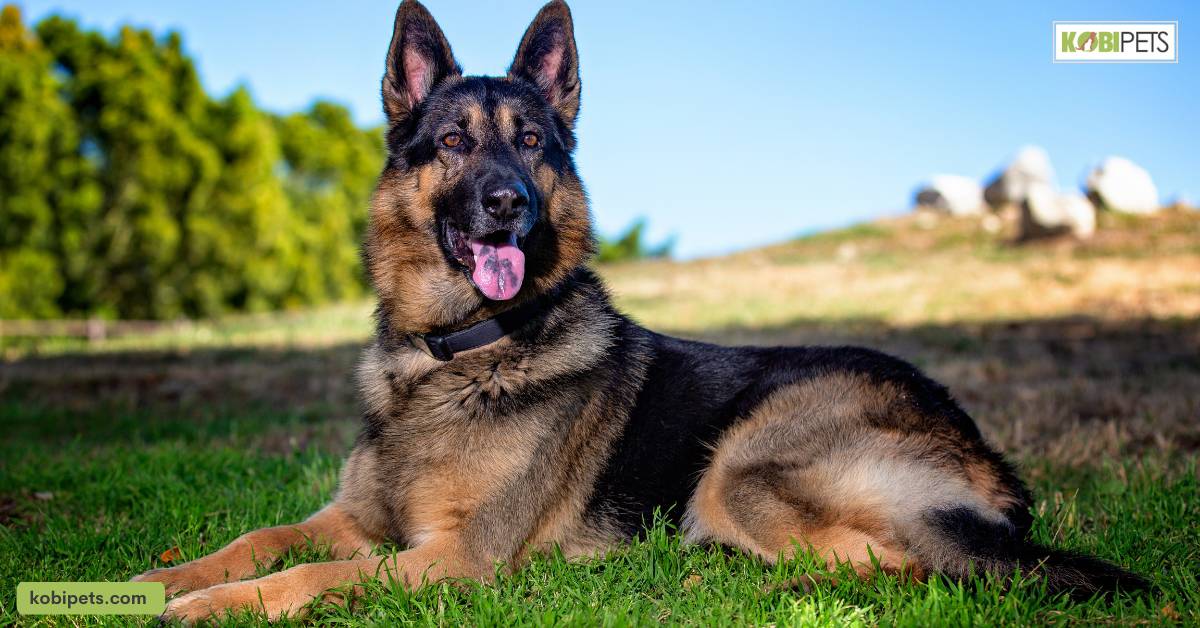
Hounds (e.g. Beagles, Greyhounds)
If you’re looking for a canine companion for your family, hounds are a great option. Many hound breeds such as Beagles and Greyhounds are known for their calm and gentle dispositions, making them perfect for families with children of any age.
Not only are they loyal to their owners, but they also have an independent streak and usually enjoy spending time outdoors. Hounds don’t need as much maintenance as some other breeds, as they tend to be happy with regular walks or play sessions in the backyard.

Terriers (e.g. Airedales, Fox Terriers)
Terriers are an incredibly popular breed of dog, loved for their intelligence and loyalty. Families looking for a four-legged companion should consider bringing home a terrier-like an Airedale or Fox Terrier.
These mischievous yet kind-hearted dogs make great companions, as they are typically very affectionate and love to play with their families. What’s more, they can be easy to train since they’re so eager to please – they want nothing more than to make their human family happy!
In addition, most terriers are quite energetic and long-living, making them well-suited for active households. If you’re looking for a pup that will become your lifelong friend, consider bringing home a friendly terrier today.
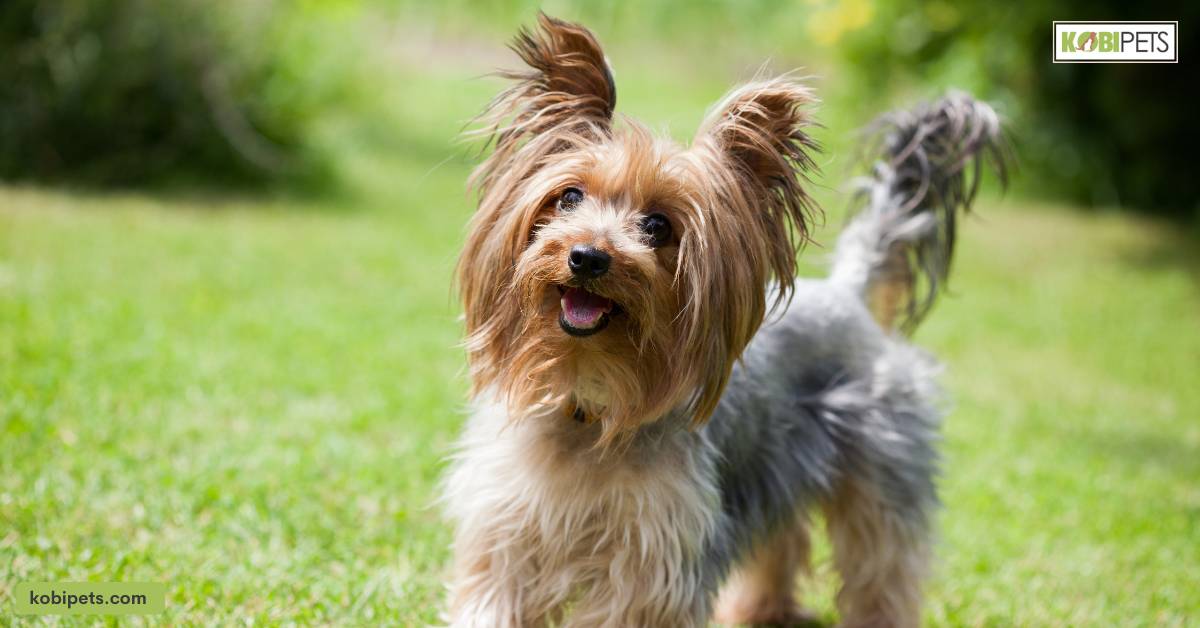
Toy Dogs (e.g. Pomeranians, Chihuahuas)
Toy dogs, such as Pomeranians and Chihuahuas, make great companion animals for families due to their size. These breeds are relatively small compared to other breeds, so they require less space and exercise than larger ones.
Furthermore, they are highly intelligent and eager to please their owners; therefore they tend to be easy to train. Since they can easily fit into apartments or homes with less outdoor space, these breeds are ideal for urban families who have limited room.
Thankfully, their playful personalities and devotion make them very enjoyable for anyone looking for a furry friend.
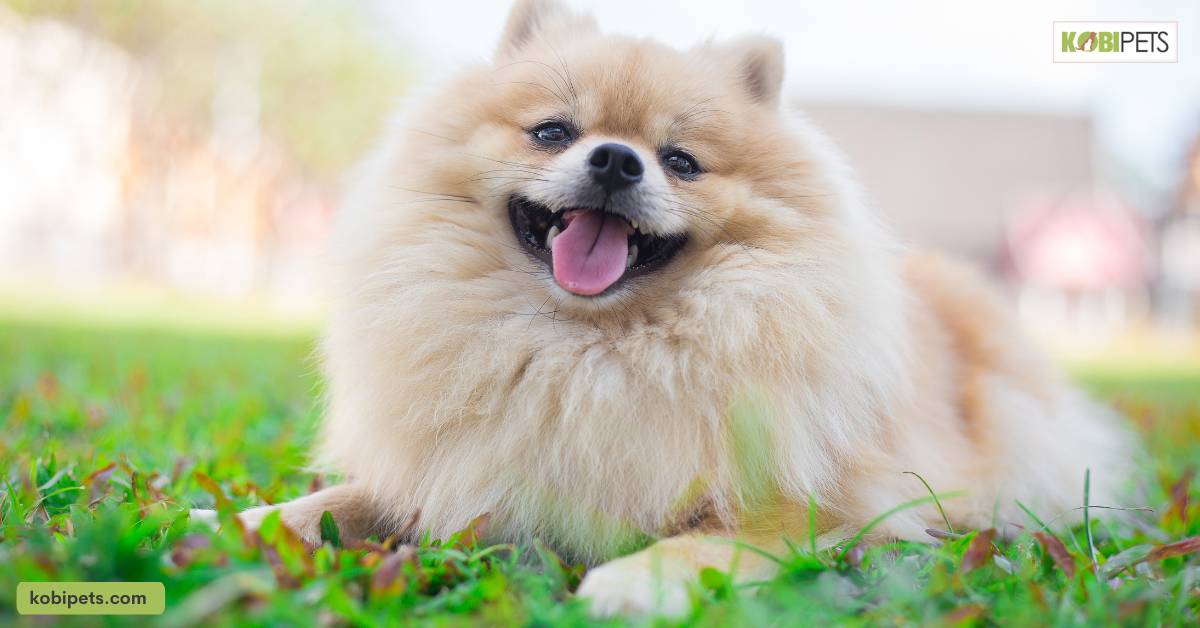
Selecting the Right Dog for Your Family
Choosing the right dog for your family can be tricky and a considerable amount of thought should go into the decision. There are several factors to consider such as the size and age of your family, how much space you have available, and how much time you can commit to exercising, feeding, and training your pet.
Prior research should also be conducted on different breeds in order to understand their specific temperaments, personalities, health needs, and exercise requirements – selecting a suitable companion is essential for everyone involved.

Consider Your Home Environment
When selecting the right type of dog for your family, it’s important to keep in mind the environment in which they’ll be living. If you have a small apartment with limited outdoor space, a large dog is probably not the best choice.
Similarly, if you’re planning to move into an estate with a generous yard and plan to take plenty of long walks, a toy breed may be too fragile. Consider not just your available space, but factors like the amount of sunlight, access to public parks or other off-leash areas, as well as noise levels from neighbors or construction sites nearby.
Doing research and corresponding with experts will help you find the ideal pooch for your home and lifestyle!

Consider Your Level of Activity
When thinking about bringing a new pup into your home, you should pause to consider the level of activity and energy of each dog breed. Some breeds, like Beagles and Weimaraners, love exercise and need a lot of attention from owners, while other breeds, such as French bulldogs and basset hounds, require fewer activities.
You’ll want to ensure that the energy levels of the dog you select match the level of activity within your family to make the transition smooth for both the pet and the owner. Activity isn’t the only factor though; personality traits can also play a large role in finding the perfect fit for your household.
Research is key when it comes to selecting a pup! It’s important to find out all you can about each breed before deciding which one is right for you.
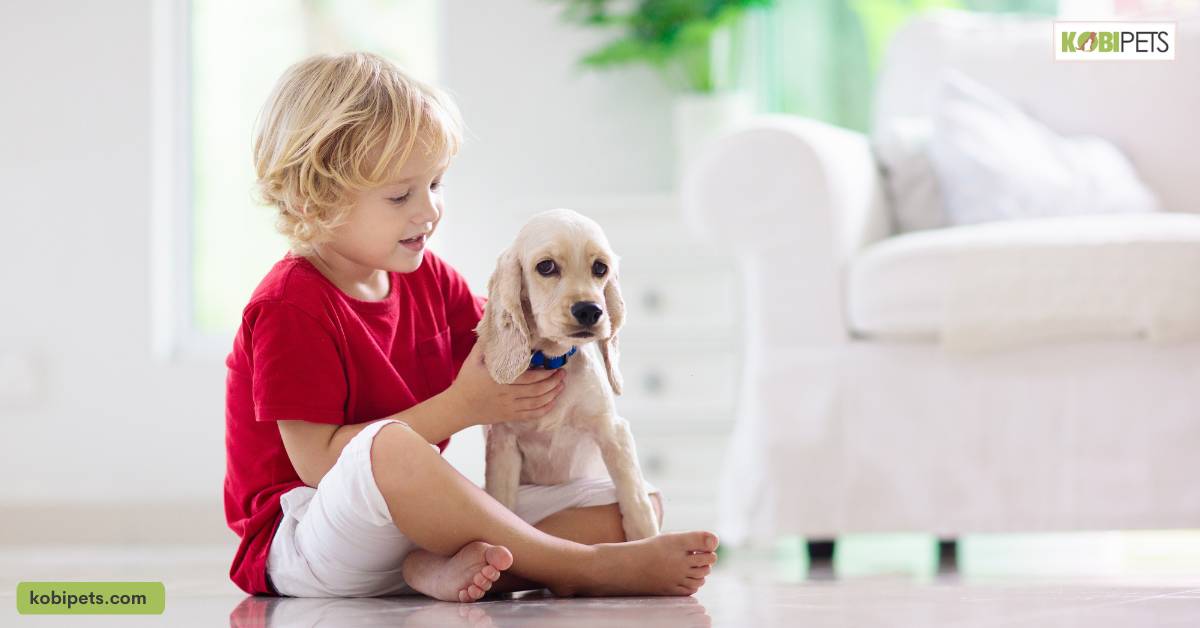
Consider the Temperament and Training
When selecting the right dog for your family, it is important to take a variety of factors into account. One of the key elements to consider is temperament. With so many different breeds available, it’s important to research which type of dog will best fit your family’s lifestyle and dynamics.
If you have children, look for breeds that are known for being good with kids, such as golden retrievers or labradors. Also be sure to pay attention to the individual puppy’s personality before bringing them home, as this can also make a difference.
In addition to temperament, training is also extremely important in ensuring a happy pet-owner relationship. Training gives dogs structure and helps with obedience and understanding commands. You want a well-behaved dog that responds when being called or told not to do something.
Fortunately, there are plenty of resources both online and in-person that can assist you with finding the perfect breed for your family and providing the training it needs to make an enjoyable family pet!
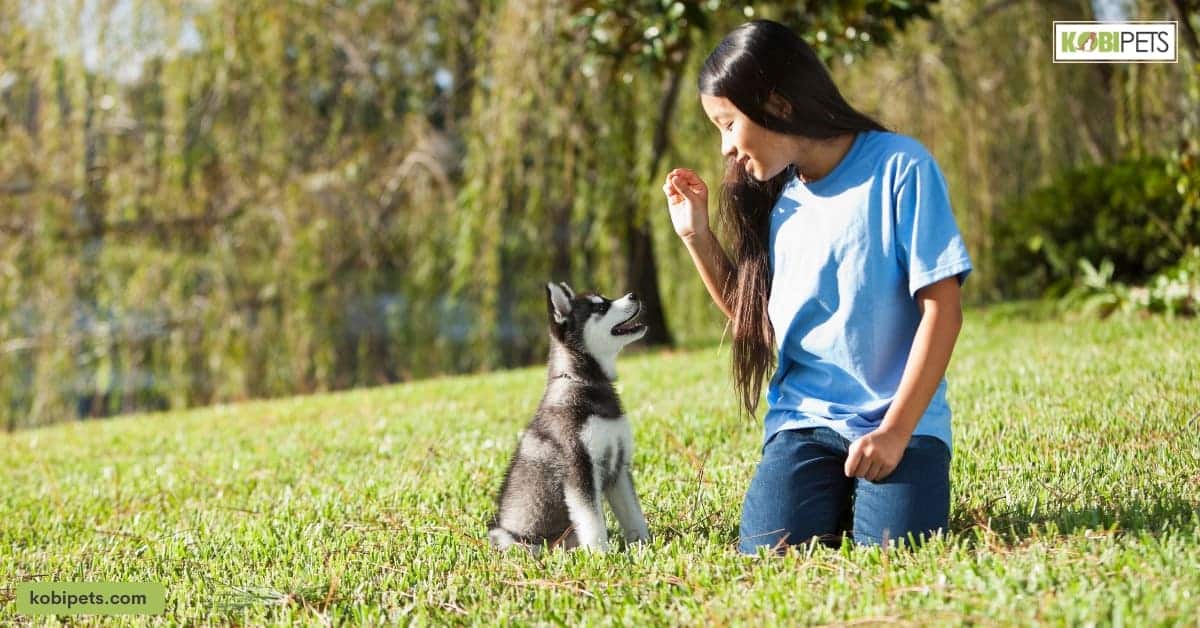
Consider the Grooming and Maintenance
When selecting the right dog for your family, you want to make sure that the pup you add to your household is not only the perfect fit in terms of personality and temperament but also one with coat maintenance requirements that will be easy for you and your family to handle.
Long-haired dogs require more frequent grooming and brushing than short-haired breeds in order to keep their coats free of tangles and matting.
If there are children in your home, taking into account the time it takes to groom your pup as well as their skill level when it comes time to brush out some knots or give a bath may be an important factor in choosing the right breed.
Grooming needs should always be taken into consideration when selecting a pup who will become part of your family!

In Conclusion
When selecting the perfect dog breed for your family, it’s important to consider a variety of factors such as size and energy level, temperament and trainability, grooming and maintenance requirements, purpose, health concerns, climate, and allergies. The breed you select should be one that fits the needs of both you and your family.






